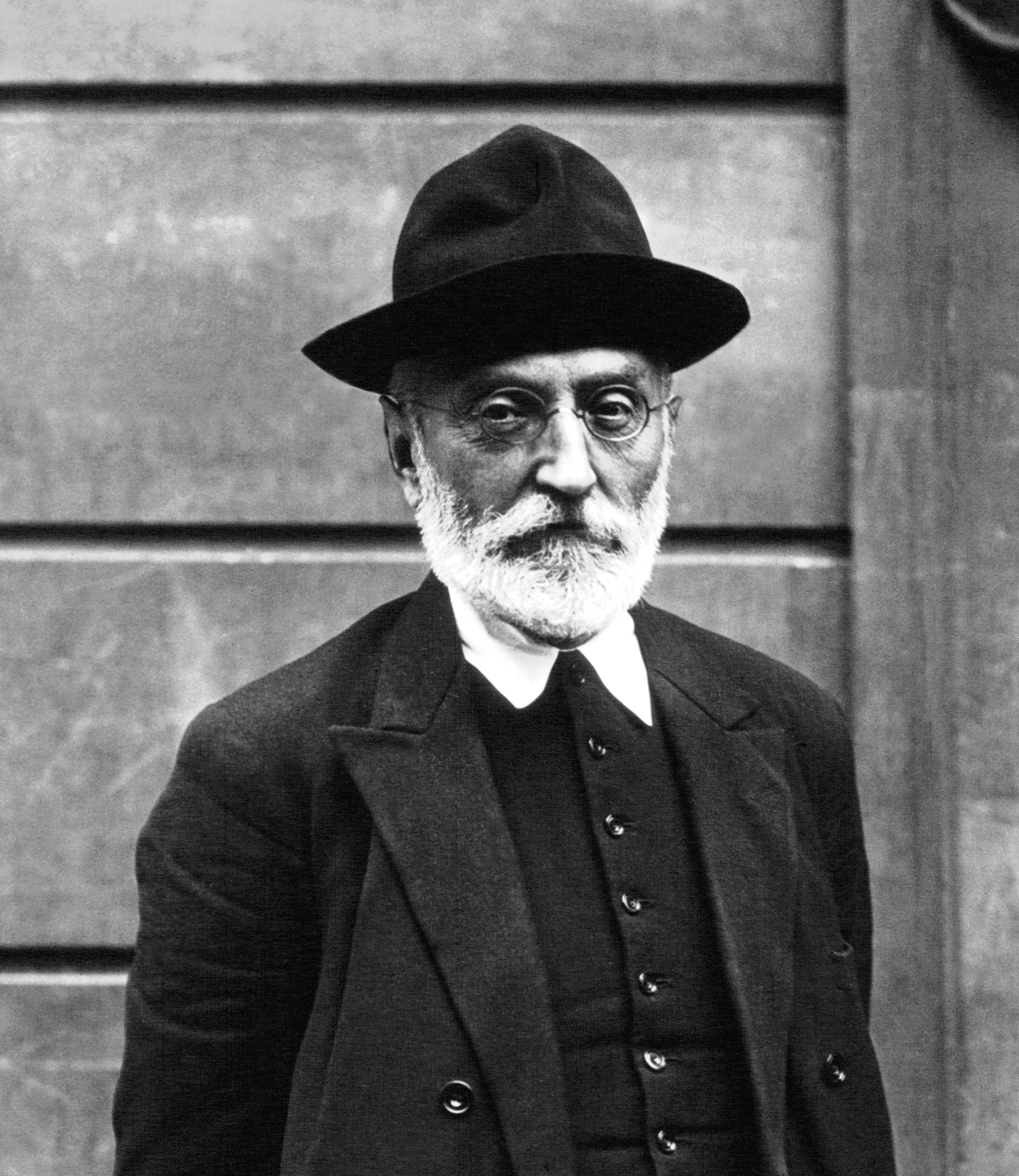„Je smutné nebyť milovaným, ale je ešte smutnejšie nebyť schopným milovať.“
Mladému spisovateľovi
Potvrdené výroky
Miguel de Unamuno y Jugo bol španielsky filozof a spisovateľ, predstaviteľ existencializmu. Vychádzal z Pascala, Kierkegaarda a Nietzscheho. V jeho názoroch prevažuje pesimizmus.

„Je smutné nebyť milovaným, ale je ešte smutnejšie nebyť schopným milovať.“
Mladému spisovateľovi
Potvrdené výroky
Dve matky
Potvrdené výroky
Varianta: Aj diabol je anjelom. Dve matky
„Život treba merať väčšmi podľa hĺbky než podľa dĺžky, väčšmi myslením než časom.“
Varianta: Život treba merať väčšmi podľa hĺbky, než podľa dĺžky, myslením a konaním väčšmi, než časom.
„Láska je dieťaťom ilúzie a matkou dezilúzie.“
Potvrdené výroky
Zdroj: [KOTRMANOVÁ, Milada.: Perly ducha. Ostrava: Knižní expres, 1996 ISBN 80-902272-1-X]
„Izolácia je najhorší možný poradca.“
Civilization is Civilism
Potvrdené výroky
Varianta: Izolácia je najhorší možný poradca. Civilization is Civilism
„Viera čo nepochybuje je mŕtvou vierou.“
La Agonía del Cristianismo. Agónia Kresťanstva.
„Títo strašní sociológovia, ktorí sú astrológmi a alchymistami nášho dvadsiateho storočia.“
Fanatický skepticizmus
Potvrdené výroky
The Tragic Sense of Life (1913), Conclusion : Don Quixote in the Contemporary European Tragi-Comedy
The Tragic Sense of Life (1913), X : Religion, the Mythology of the Beyond and the Apocatastasis
The Tragic Sense of Life (1913), VII : Love, Suffering, Pity
The Tragic Sense of Life (1913), VIII : From God to God
The Tragic Sense of Life (1913), Conclusion : Don Quixote in the Contemporary European Tragi-Comedy
The Tragic Sense of Life (1913), Conclusion : Don Quixote in the Contemporary European Tragi-Comedy
The Tragic Sense of Life (1913), V : The Rationalist Dissolution
The Tragic Sense of Life (1913), X : Religion, the Mythology of the Beyond and the Apocatastasis
“Martyrs create faith, faith does not create martyrs.”
The Tragic Sense of Life (1913), VIII : From God to God
The Tragic Sense of Life (1913), VI : In the Depths of the Abyss
The Tragic Sense of Life (1913), V : The Rationalist Dissolution
The Tragic Sense of Life (1913), XI : The Practical Problem
The Tragic Sense of Life (1913), Conclusion : Don Quixote in the Contemporary European Tragi-Comedy
The Tragic Sense of Life (1913), VII : Love, Suffering, Pity
The Tragic Sense of Life (1913), X : Religion, the Mythology of the Beyond and the Apocatastasis
The Tragic Sense of Life (1913), IX : Faith, Hope, and Charity
The Tragic Sense of Life (1913), II : The Starting-Point
“There are pretenses which are very sincere, and marriage is their school.”
Tres novelas ejemplares y un prólogo [Three Exemplary Novels and a Prologue] (1920); Two Mothers
The Tragic Sense of Life (1913), IX : Faith, Hope, and Charity
The Tragic Sense of Life (1913), X : Religion, the Mythology of the Beyond and the Apocatastasis
The Tragic Sense of Life (1913), IX : Faith, Hope, and Charity
The Tragic Sense of Life (1913), X : Religion, the Mythology of the Beyond and the Apocatastasis
The Tragic Sense of Life (1913), VII : Love, Suffering, Pity
The Tragic Sense of Life (1913), Conclusion : Don Quixote in the Contemporary European Tragi-Comedy
The Tragic Sense of Life (1913), I : The Man of Flesh and Bone
The Tragic Sense of Life (1913), VII : Love, Suffering, Pity
The Tragic Sense of Life (1913), VII : Love, Suffering, Pity
The Tragic Sense of Life (1913), XI : The Practical Problem
“To fall into a habit is to begin to cease to be.”
The Tragic Sense of Life (1913), IX : Faith, Hope, and Charity
